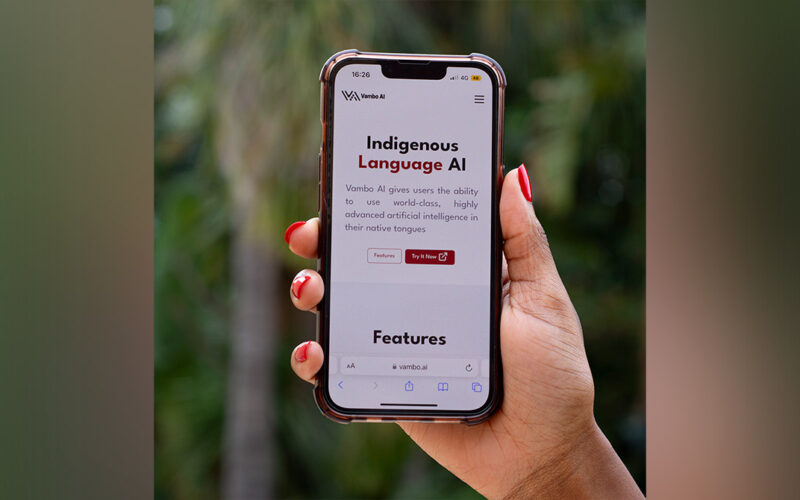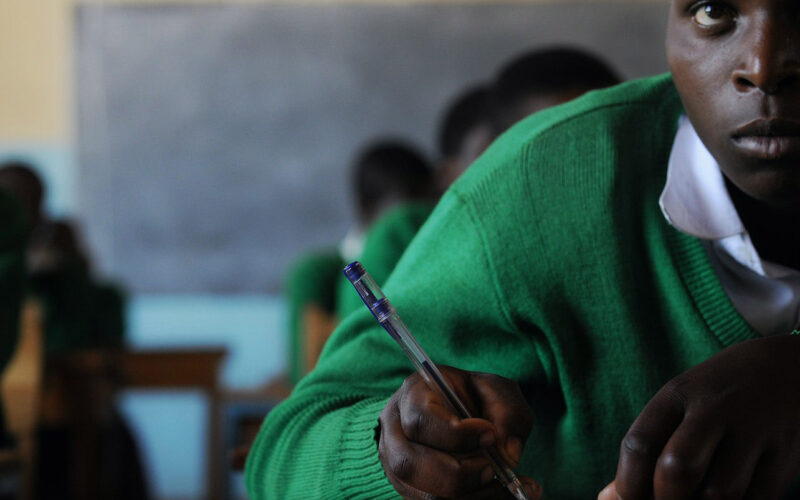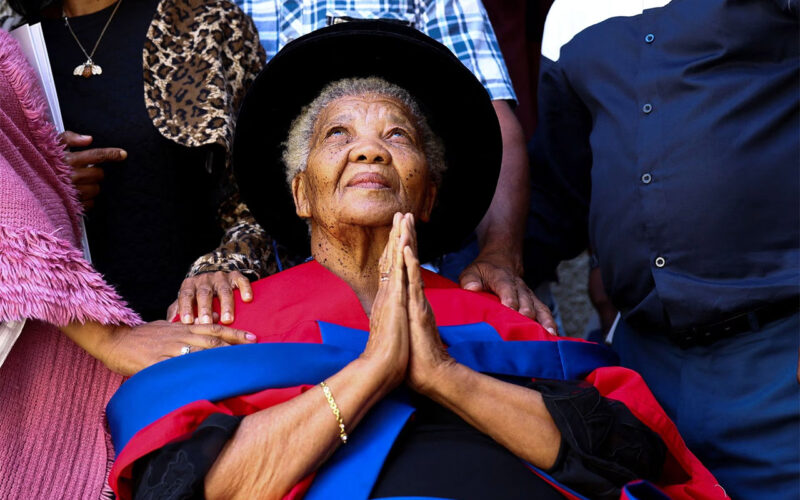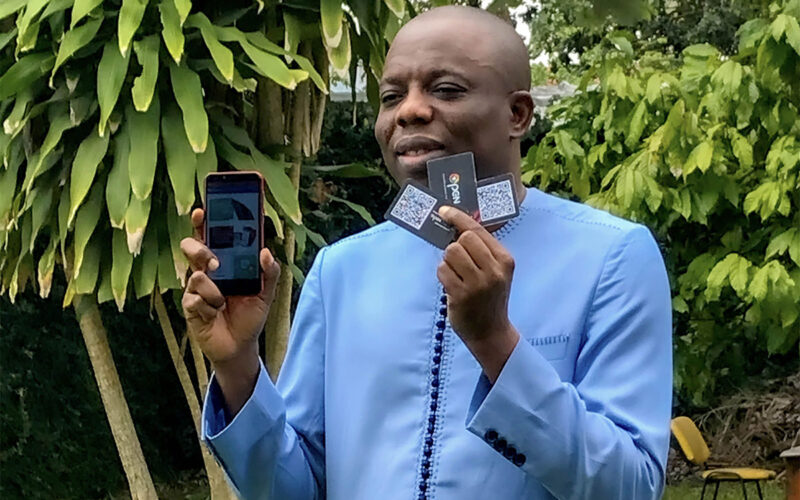
New African LanguageTech app to bridge linguistic divides, cultivates inclusivity and empowers content creation
WHEN Chido Dzinotyiwei moved to South Africa from Zimbabwe as a child, language became both an obstacle and an opportunity for change. Her primary concern as an adult was children struggling with their mother tongue in new environments, facing challenges in pronouncing names, and finding it difficult to connect with the languages spoken in their surroundings. Fast forward to today, the entrepreneur and Mandela-Rhodes Scholar, now based in Johannesburg, is on a mission with her business, Vambo Academy and project, Vambo AI, to address the vital language needs of African communities. “Having moved to another country in my early schooling…



